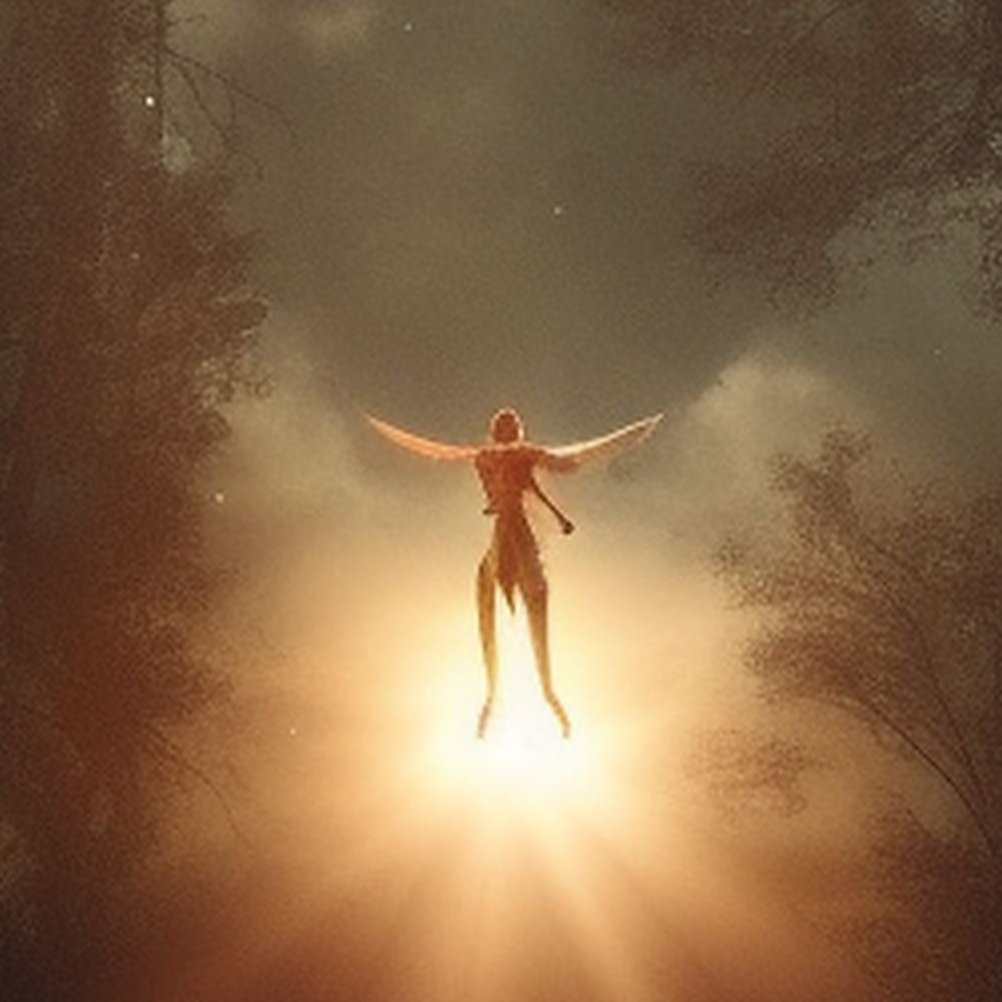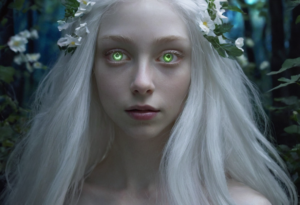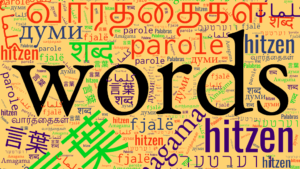According to the Scroll of Hemalsdour, it is said that Men lived upon the grass plains for many generations, feeding off the bounty that the Gods had provided, their lives content, their numbers growing. They roamed widely, for they desired not to settle in one place for there was much to see, and they sought out the many things that were new to their eye, and the new foods that were new to their mouths.
And amongst their number there dwelt Old Nútrúl, which means far eye. He was keen of sight and a cunning warrior in his youth, but his days of hunting were long past him. Nútrúl had to be carried by his daughter’s daughter, Thúlornar – which means moon woman – and her husband, Rátenár – which means big man – whenever the people moved to a new location, for Nútrúl could no longer walk far without resting. This caused much consternation amongst the people, because it slowed them down and prevented Rátenár from joining the hunt. And so it was decided that Nútrúl would be left behind when the group next moved on, as was the tradition of that time when someone became too infirm.
On the night before their move, Nútrúl had a dream. He dreamt of a light, brighter than the sun, and much bluer. It shone away to the north and within the light he saw the Gods and they beckoned to him. And he found himself again able to move as he did in his youth, no longer stooped nor curtailed by the pains of his body.
And in the dream the Gods embraced Nútrúl and they taught him many things, and then they returned him back to where his people still slept, telling him to seek out the light for within it his people will find hope and salvation against the coming darkness.
In the morning when he woke, he told his daughter’s daughter about what he had dreamt and she told the others, but no others believed the truth of Nútrúl’s dream. They scorned him and called him many names believing that by pretending to be a soothsayer and prophet he could forestall his fate. And so when they moved on that day, they left Nútrúl behind.
Yet that very night, a great light appeared on the horizon to the north. And as Nútrúl had foreseen in his dream, it was brighter than the sun and its colour bluer, although still white. And the light threw out many wondrous shades and shapes in the sky and even stranger shadows upon the ground.
And Thúlornar and her husband, Rátenár, raced back to where they had left Nútrúl, for they had not travelled far that day even without the old man to hinder them. Yet they found no sign of him.
And so when they returned to the group, both Thúlornar and her husband, Rátenár, scorned those that had scorned Nútrúl, and then they gathered all those that would agree to follow them, and they set off north in pursuit of the the light.
The light blazed for seven days and nights, and ever onward did Thúlornar and her husband, Rátenár, led their followers. Then on the seventh night they reached a great line of trees, stretching from horizon to horizon, both east and west. And the trees were massive, reaching up to touch the clouds themselves, and wider than seven men can encircle, their arms outstretched. These trees were old and gnarled, almost as ancient as The World itself, and Thúlornar and her husband, Rátenár, and their followers were the first to ever lay eyes upon them.
And the light radiated between the great boughs, and it was so bright that none could look directly at the forest without blindness befelling them.
“The door to the Heavens lies beyond,” Thúlornar told her followers, indicating the light through the trees. “We must wait until we are beckoned.”
And so it was that they established their camp just outside the forest, and there they slept, and that night they had many wondrous dreams, of the Gates to the Heavens and the Fields of Heroes. And when they awoke the next morning the light was gone, the forest returned to darkness.
And many feared that Thúlornar had misinterpreted the boding, that the loss of the light meant that the Gods were angry with them. That they should have continued on into the light, and so find themselves in the heavens as Nútrúl had done in his dreams. But Thúlornar reminded them that Nútrúl had been beckoned, yet a few refused to heed her message, and so slipped away and entered the forest. None were ever seen again.
Yet Thúlornar, and her husband, Rátenár, and the others remained, wandering to new hunting grounds, but ever close to the forest. And they called themselves Onrahaor, which means we see, but also means we know. And all was good and so it was until the time of Wúrnúr, the great, great, great grandson of Thúlornar and her husband, Rátenár.












